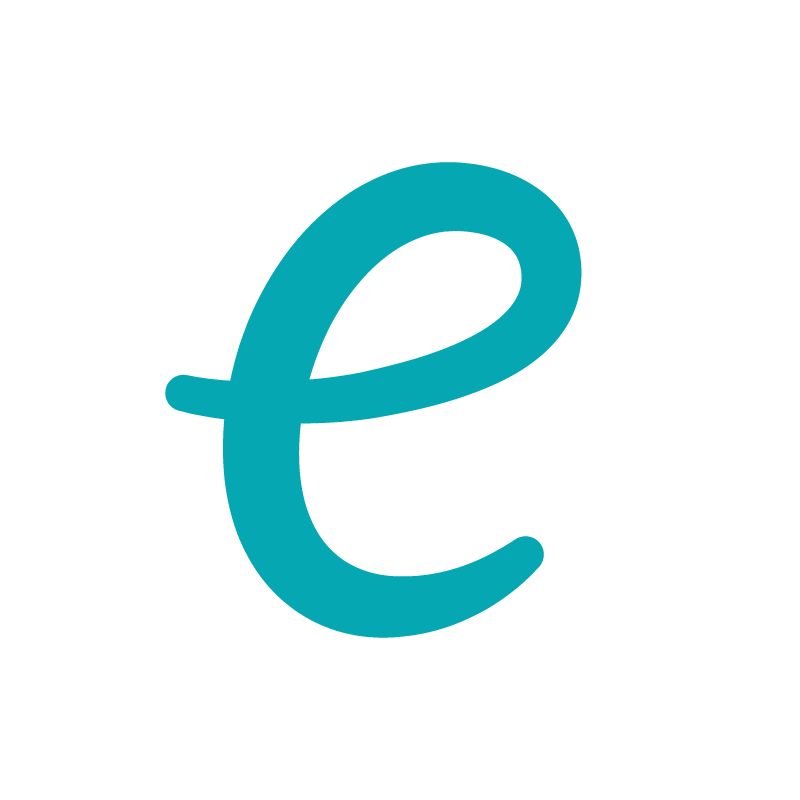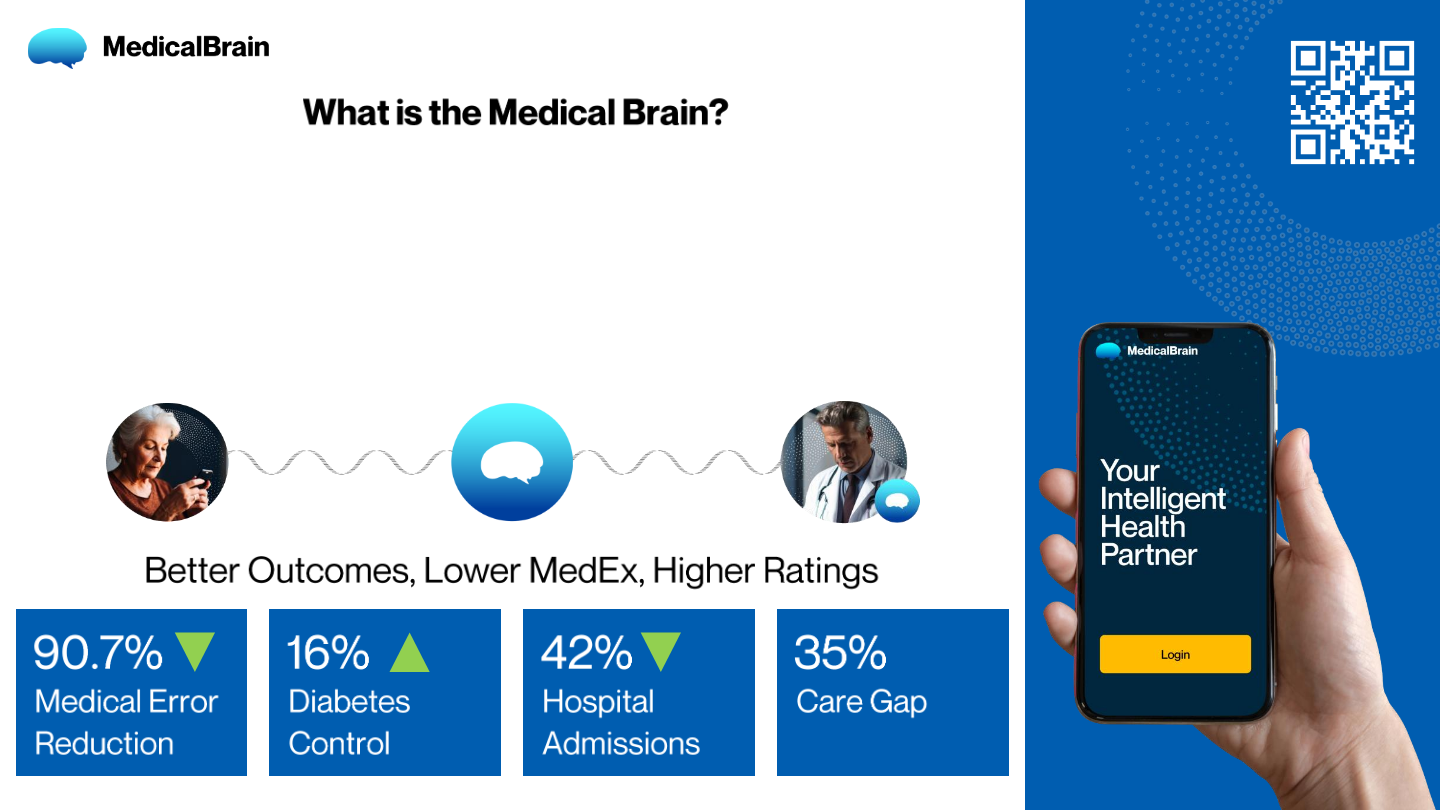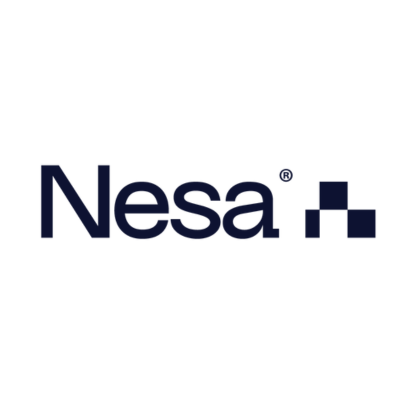The Medical Brain’s Patient-Centric Clinical Decision Support combined with Real-Time Care Orchestration identifies risks in real-time and guides immediate corrective action for best outcomes.
1. The Medical Brain® Diabetes module offers evidence-based guidance for the full spectrum of diabetes and related conditions, focused on establishing and maintaining excellent diabetic control with medical management and lifestyle modifications. The Medical Brain is in constant contact with diabetic patients helping them to manage the minute-to-minute intricacies of their condition aiming for their target HgbA1c goals. Diabetes is a condition with multiple co-morbidities and the Medical Brain uses evidence-based guidelines to manage those co-morbidities together to get the best outcomes. As an example, Hypertension can cause blood sugars to rise and both conditions need to be controlled together. As a result, the Medical Brain controls hard to control diabetics with real-time information including well-coordinated trend data for decision-making.
2. The Medical Brain’s Renal Care Module spans conditions ranging from mild to end-stage renal failure and provide evidence-based guidance on renal specific conditions as well as the related co-morbidities such as diabetes and hypertension. This multi-lateral patient view allows the Medical Brain to guide guides physicians and their patients to maintain an optimal clinical steady state and minimize renal failure progression while driving the best outcomes in cost and quality performance.
3. Medical Brain’s health failure module covers the full spectrum of heart failure conditions from pre-clinical (asymptomatic, Stage B HF) through Stage D heart failures. The module includes evidence-based guidelines and best practices, so patients, cardiologists, and PCPs stay aligned with the goal of maintaining the most stable clinical state. Medical Brain detects risks and facilitates the right intervention by the right provider when adjustments in care are needed.
4. The Hypertension module helps patients gain and maintain control over hypertension with this clinical module incorporating best practices from leading medical experts. The Hypertension Module also includes coordination with other related chronic conditions and delivers trend analyses to patients and providers to manage hypertension 24/7. Medical Brain® directly connects patients and providers for effective care without gaps, miscommunications, or delays.
5. The Medical Brain covers the full spectrum of cardiac arrhythmias, including premature atrial contractions, supraventricular tachycardia or paroxysmal SVT, sick sinus syndrome, atrial fibrillation, and others. The Medical Brain includes evidence-based guidelines and best practices for treating arrhythmias and facilitates the right intervention by providers to achieve a well-controlled, appropriately monitored, and effectively managed clinical situation.
6. This module covers the full spectrum of valvular heart diseases, including aortic stenosis and mitral regurgitation. The Medical Brain® Valvular Disease Module includes evidence-based guidelines and best practices for treating valvular heart disease and related conditions. With coordinated, proactive care, patients can experience a better quality of life without incurring unnecessary spending.
7. Hyperlipidemia is an important module because it influences many chronic conditions. The Medical Brain guides providers and patients in achieving the optimal lipid profile through lifestyle modifications and appropriate medications. This module includes the full spectrum of hyperlipidemia and related conditions to facilitate medical management and drive better outcomes.
8. The Orthopedics module addresses a range of both surgical and medical orthopedic conditions. The Module is tailored to evidence-based practices for pre-op patient management including chronic conditions, through the post-op recovery phase including return to functionality and prevention of infections. The Module includes best practices and guidelines from leading Orthopedics organizations.
9. The Obstetrics module includes evidence-based guidelines and best practices that cover a range of normal through high-risk pregnancies with a focus on assuring accuracy and reducing risk and error to improve patient safety in OB. Clinical guidelines are applied throughout the OB continuum including prenatal, intrapartum and the postpartum periods.
The OB module and the AI clinical decision support system is tailored to reduce adverse events and prevent OB risk and systems related gaps and delays in care which place women at risk.
10. The Medical Brain includes evidence-based guidelines, best practices, and protocols for COPD, ranging across the full spectrum of severity. Complex pulmonary conditions such as COPD, exist with co-morbidities including hypertension, cardiac disease and diabetes, and the COPD module coordinates across the full spectrum.
11. This module covers the full spectrum of infectious diseases across outpatient and inpatient settings, including from sepsis and septic shock. This module applies to patients with emerging infectious such as post-surgical signs of infection all the way through septic shock.
12. The radiology module covers evidence-based guidelines and best practices for selecting the appropriate imaging and radiology studies for each specific case. With Medical Brain, providers can optimize utilization based on the current appropriate use criteria and drive the best outcomes in cost and quality performance through real-time precision.
13. The Medical Brain offers evidence-based guidelines and best practices in lifestyle modifications for multiple conditions and diseases, assisting each person in maintaining the best preventive measures to avoid diseases and disease exacerbations while maximizing their quality of life. This is particularly important for chronic disease management which is influenced by medical as well as social conditions and determinants.

































